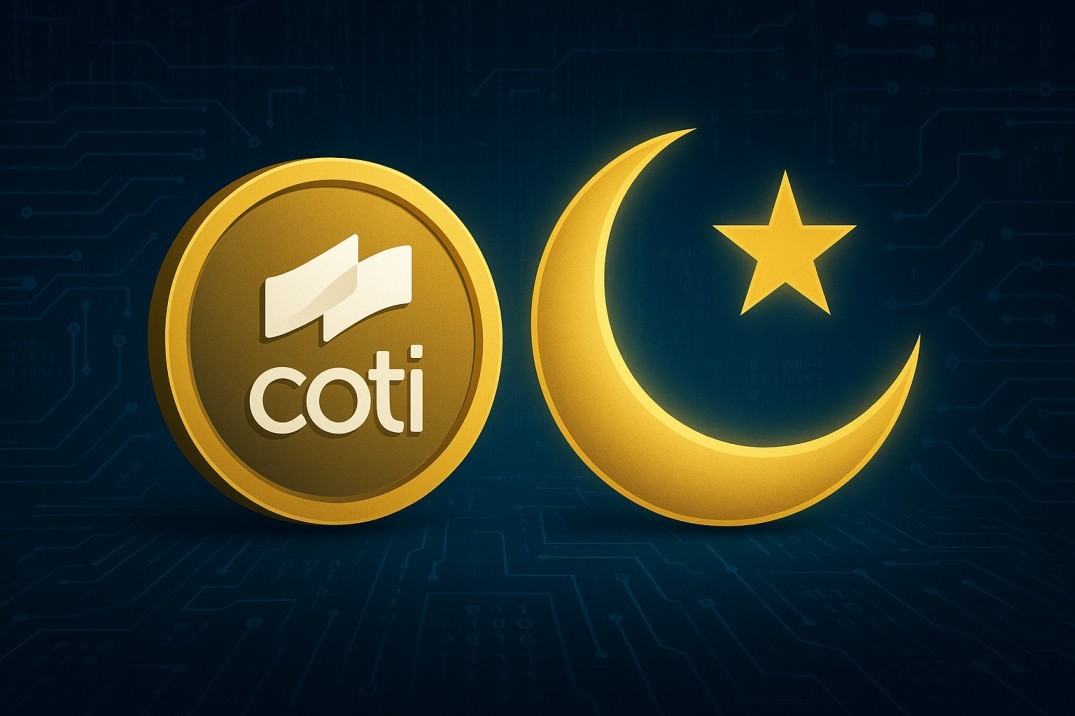Whether COTI is halal depends on how its use aligns with Islamic financial principles, which prohibit interest (riba), excessive uncertainty (gharar), and gambling (maysir). While COTI has not received an official halal certification, a closer look at its mechanics suggests it may align with several Islamic guidelines.
COTI functions as a utility token meaning its value is tied to its use within the network. Users spend COTI to perform confidential computations on-chain, stake it to support the Treasury, and earn rewards based on protocol usage and ecosystem participation. None of these features inherently involve interest-based lending or gambling elements.

With the rollout of COTI V2, the protocol becomes even more focused on infrastructure rather than speculation. Its use of garbled circuits to enable private computation serves a technical function rather than a financial bet. Staking in the Treasury is not based on debt or lending, it’s more akin to providing liquidity or securing network operations, which some Islamic scholars view as permissible under certain frameworks.
Where caution may arise is in:
-
Price speculation like any volatile token, some users treat COTI as a speculative asset.
-
Secondary use cases integrations or dApps built on top of COTI could introduce features (e.g., high-yield farming or derivatives) that may not comply with Shariah law.
That said, many Islamic scholars evaluate the permissibility of crypto projects on a case-by-case basis, factoring in purpose, structure, and actual usage. Since COTI is primarily focused on building infrastructure and enabling secure computation, not issuing debt, lending with interest, or promoting gambling so its core model does not directly conflict with most halal standards.
For users seeking strict compliance, the best course is to consult a certified Shariah advisor or wait for a formal halal certification.
EXPLORE MORE :
1. What is COTI V2?
2.What does Layer-2 mean in crypto?
3. Does Coti have a future?
4. Does COTI have potential?
5. COTI FAQ











